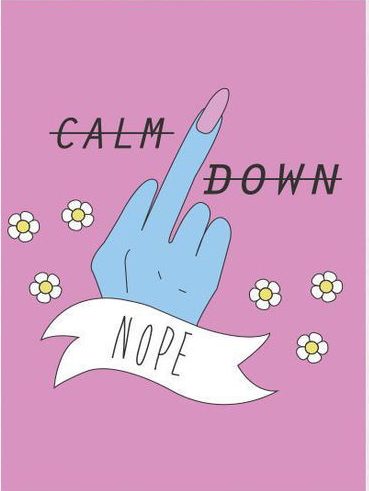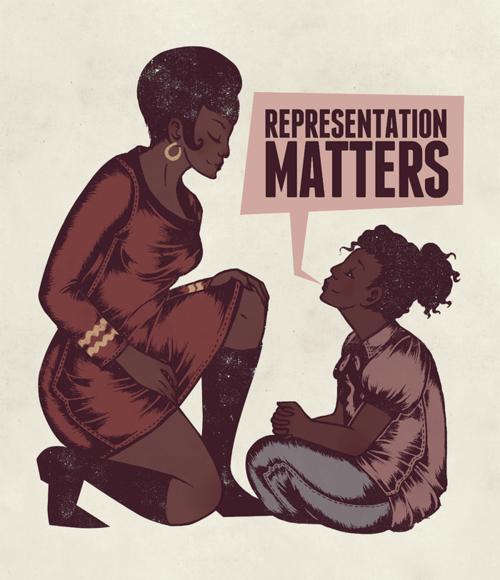I get so annoyed when people complain that America is “getting too sensitive”. What does that even mean? Is it wrong to respect humanity so much that we get upset if anyone commits mental and emotional violence on others with their words and actions? Is it wrong to be concerned that negative ideologies, beliefs, and stereotypes are being reinforced by the media or people who simply like to hear themselves talk?
Don’t get me wrong, I enjoy fun and “ratchet” music and TV or a (thoughtful) satire or a sarcastic joke as much as the next person but sometimes humor and entertainment value are used as excuses to continue to cast a blind eye on how marginalized groups are treated and viewed in this country. Sadly, the unwillingness to learn about others takes precedence over understanding others’ experiences in order to simply treat people better. And it doesn’t stop at entertainment and social media. There are many offensive things that take place in our everyday lives that have been so accepted that it is hard to convince people of their harmful nature. Things like work and school micro-aggressions, exclusionary practices, and cultural and ethnic erasure and homogenization are just a few ways we have ingrained ignorance into our existence.




